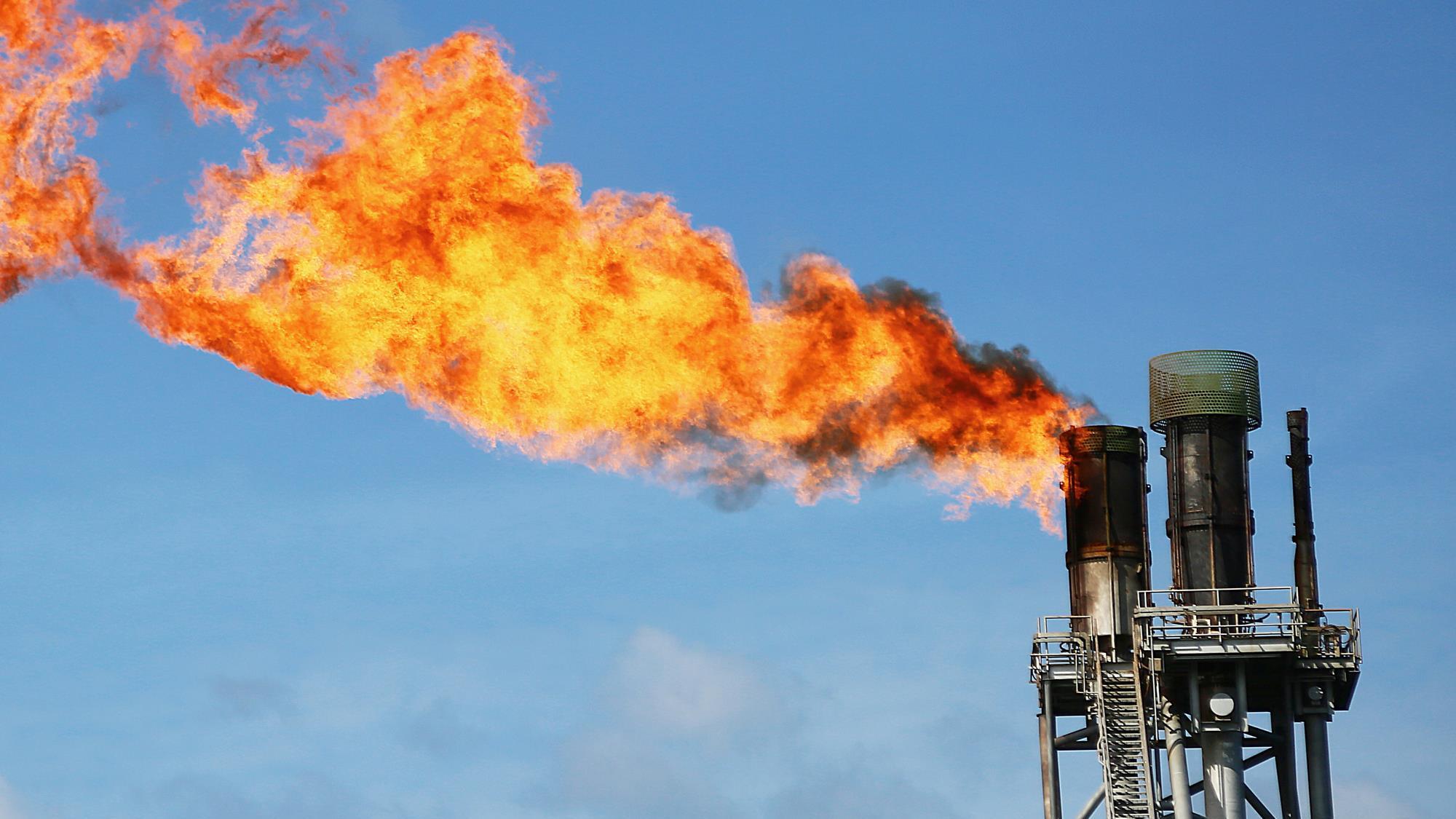[ad_1]
Methane is responsible for approximately a quarter of all the climate change already being experienced globally.
QatarEnergy has joined a group of oil and gas companies in an effort to diminish nearly all methane footprint produced during operations by the year 2030.
The world’s biggest liquified natural gas (LNG) producer has signed up to the Aiming for Zero Methane Emissions Initiative as the first company to join outside its twelve existing signatories.
The initiative was founded in March and its 12 signatories include Saudi Aramco, BP, Chevron, CNPC, Eni, Equinor, ExxonMobil, Occidental, Petrobras, Repsol, Shell and TotalEnergies.
While climate pledges are typically centred around minimising greenhouse gas emissions, the focus is rapidly shifting towards methane footprint due to its nature of trapping more heat in the short term than its carbon dioxide counterpart.
Methane is more than 25 times as potent as carbon dioxide at locking heat in the atmosphere. Over the last two centuries, methane concentrations in the atmosphere have more than doubled, mainly due to human-related activities.
Unlike carbon dioxide, methane’s leakage into the atmosphere is not the result of combustion or fossil fuel-burning, as it actually represents the loss of a marketable fuel.
Methane is responsible for approximately a quarter of all the climate change already being experienced globally.
Natural gas, which is primarily made up of methane, is a major factor, if not the biggest, in the prosperity of Qatar’s economy and QatarEnergy’s activities.
“We are reaffirming Qatar’s priorities and commitments with regards to the climate change agenda,” Qatar Energy’s CEO and Qatar’s Energy Minister Saad Sherida Al Kaabi said in a statement on Monday.
The International Energy Agency’s (IEA) methane tracking found that oil and gas operations worldwide produced more than 70 million tons of methane into the atmosphere last year, describing it as “broadly equivalent to the total energy-related carbon dioxide emissions from the entire European Union.”
Qatar’s energy minister said in late May that western countries including the United Kingdom are facing the consequences for their to drive eliminate carbon emissions in a bid to combat climate change by “demonising oil and gas companies.”
In an interview with Sky News, Al Kaabi noted that his country is willing to help the UK with its cost of living crisis, however, the western powers must take responsibility.
Years of pushing for an urgent end to fossil fuel production and calling gas producers the “bad guys” had contributed to the current crisis, he argued.
Al Kaabi noted that the recent surge in oil and energy prices in Europe and beyond is not entirely as a result of the Russian and Ukrainian crisis but rather could be traced back many years before the event.
“There was a build up of countries pushing for the [energy] transition in a hard way. [They pushed for] net-zero, moving to renewables, doing away with fossil fuels and demonising the oil and gas companies, [calling them] the bad guys. And [as a result] you don’t have enough investment in the oil and gas sector,” Al Kaabi said, according to Sky News.
QatarEnergy’s sustainability efforts
The LNG giant had recently increased its efforts in addressing climate change by updating its Sustainability Strategy in March.
The Sustainability Strategy is part of QatarEnergy’s aim to produce “clean and affordable energy to facilitate the energy transition.” The strategy focuses on climate change and environmental action, responsible operations, as well as social and economic development.
Under its revised strategy, the company is set to increase the carbon intensity of Qatar’s liquified natural gas facilities by 35% instead of the initial target of 25%. The intensity of its upstream facilities is also going to be lowered by 25% instead of 15%.
QatarEnergy has also been working on increasing its solar capacity to over 5 GW whilst reducing methane emissions.
The state-owned oil and gas company’s updated strategy includes initiatives to reduce greenhouse gas footprint through the use of carbon capture and storage (CCS) technology. The technology is able to capture more than 11 million tons per annum of CO2 in Qatar by 2035.
Qatar’s greenhouse emissions dropped by 3.9% in 2019 in comparison to 2016, according to the Arab Youth Climate Movement Qatar.
Despite this, the Gulf country’s energy sector was the biggest contributor of carbon dioxide emissions in 2019. Overall, local energy emissions increased by 433% between 1998 and 2019.
Data from 2017 found that Qatar is amongst the top five worst counties in terms of air quality.
Nepal tops the list at 99.7%, with Niger at 94.1%, Qatar at 91%, India at 90.9%, Saudi Arabia standing at 87.9%, and Egypt at 87%.
[ad_2]
Source link

















Leave a Reply